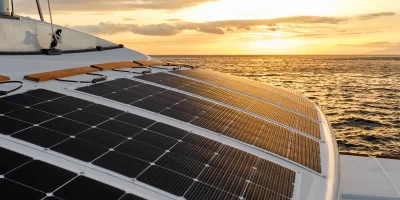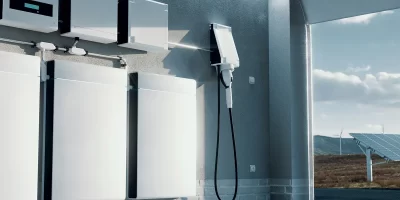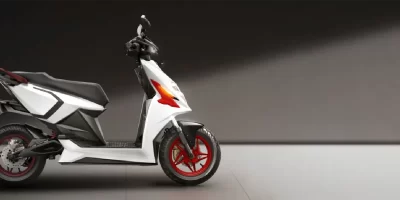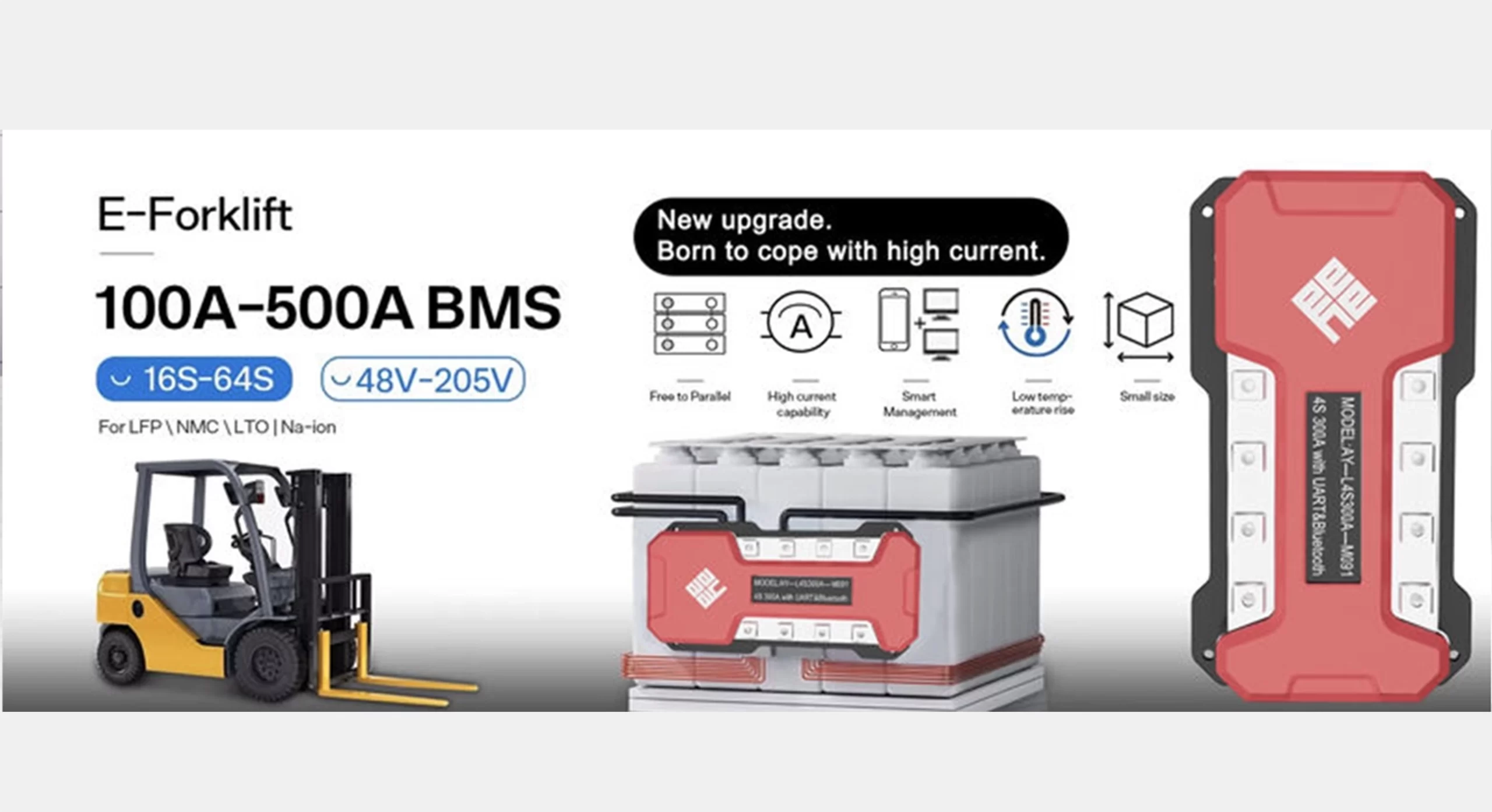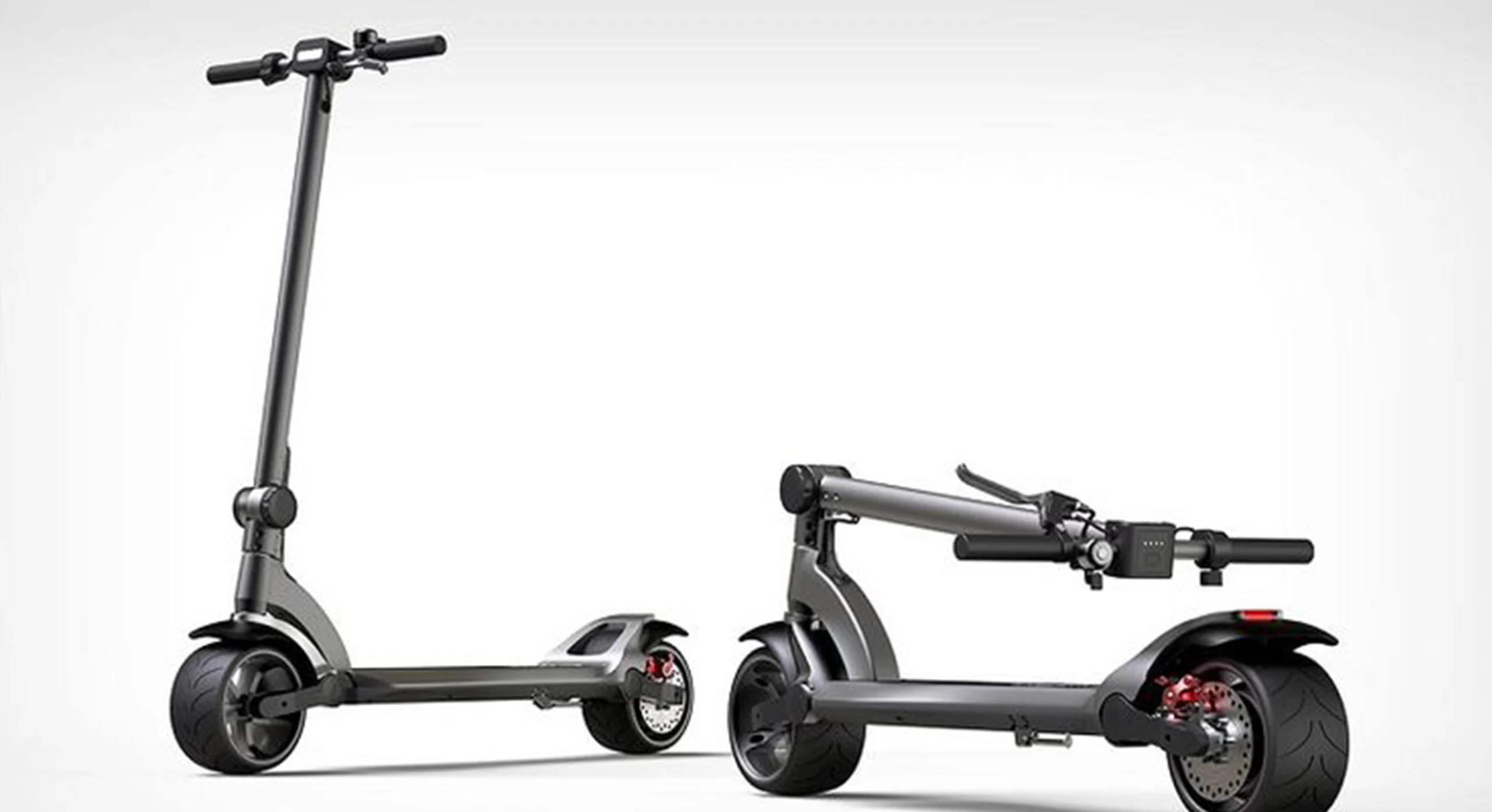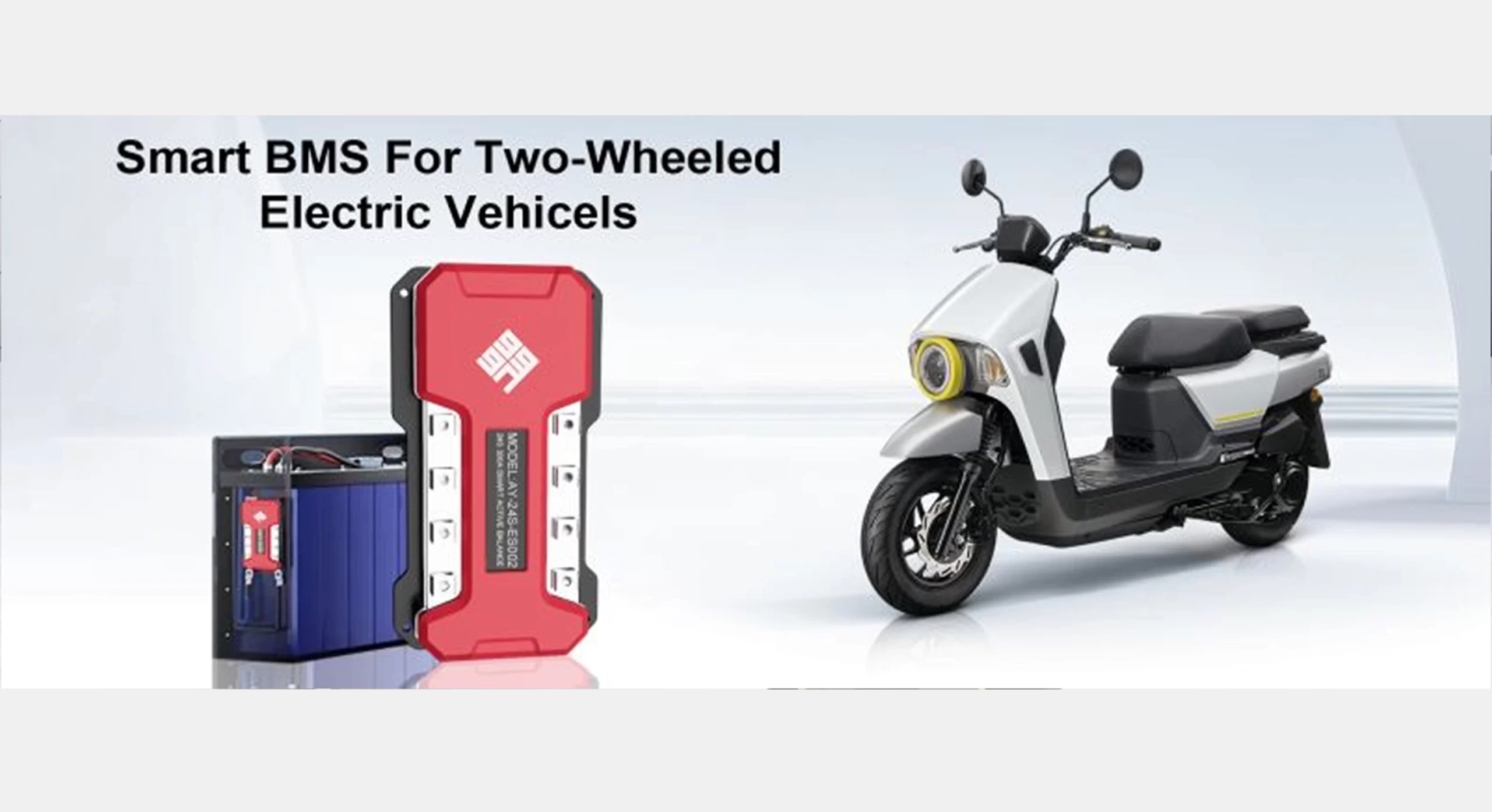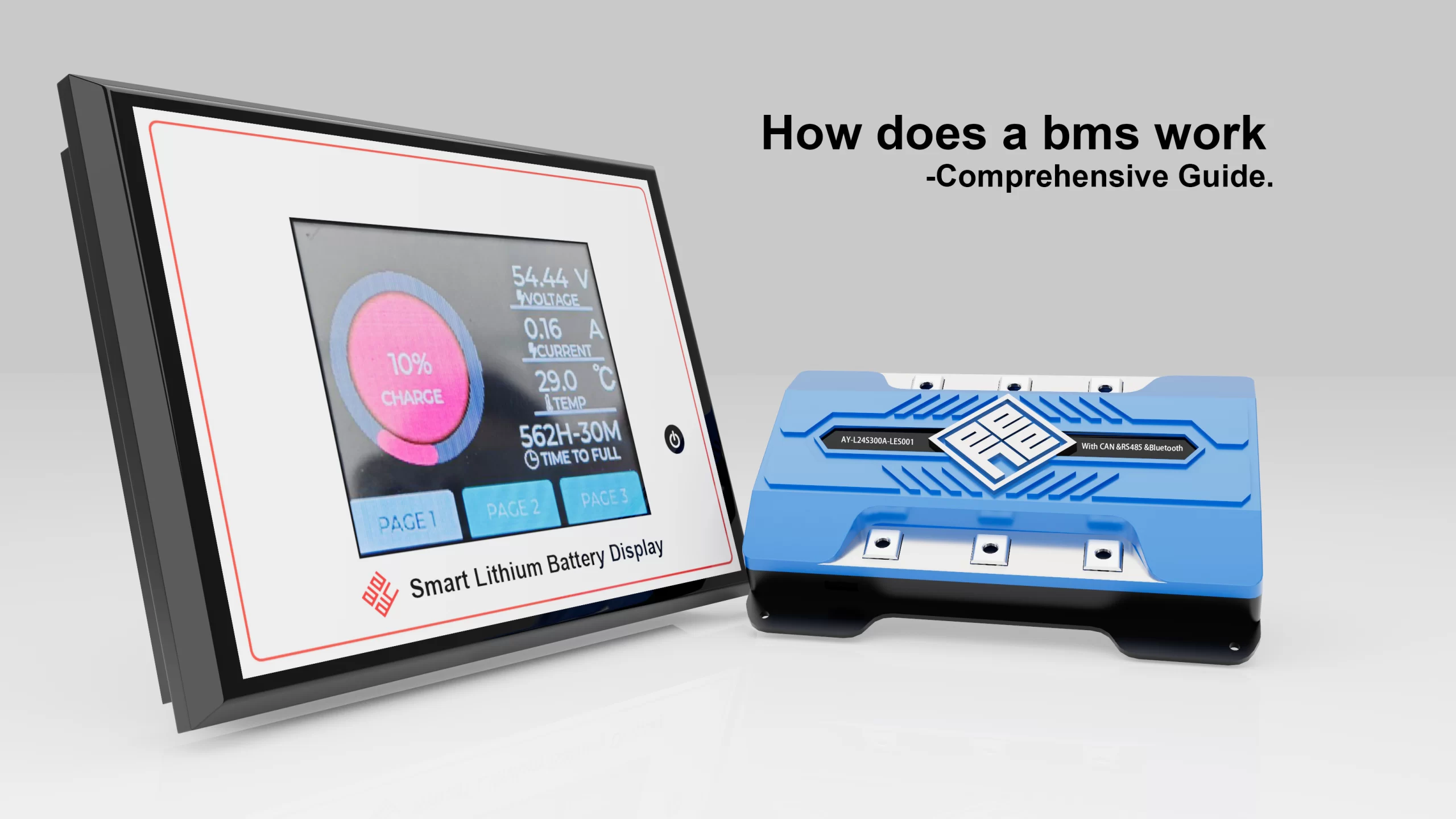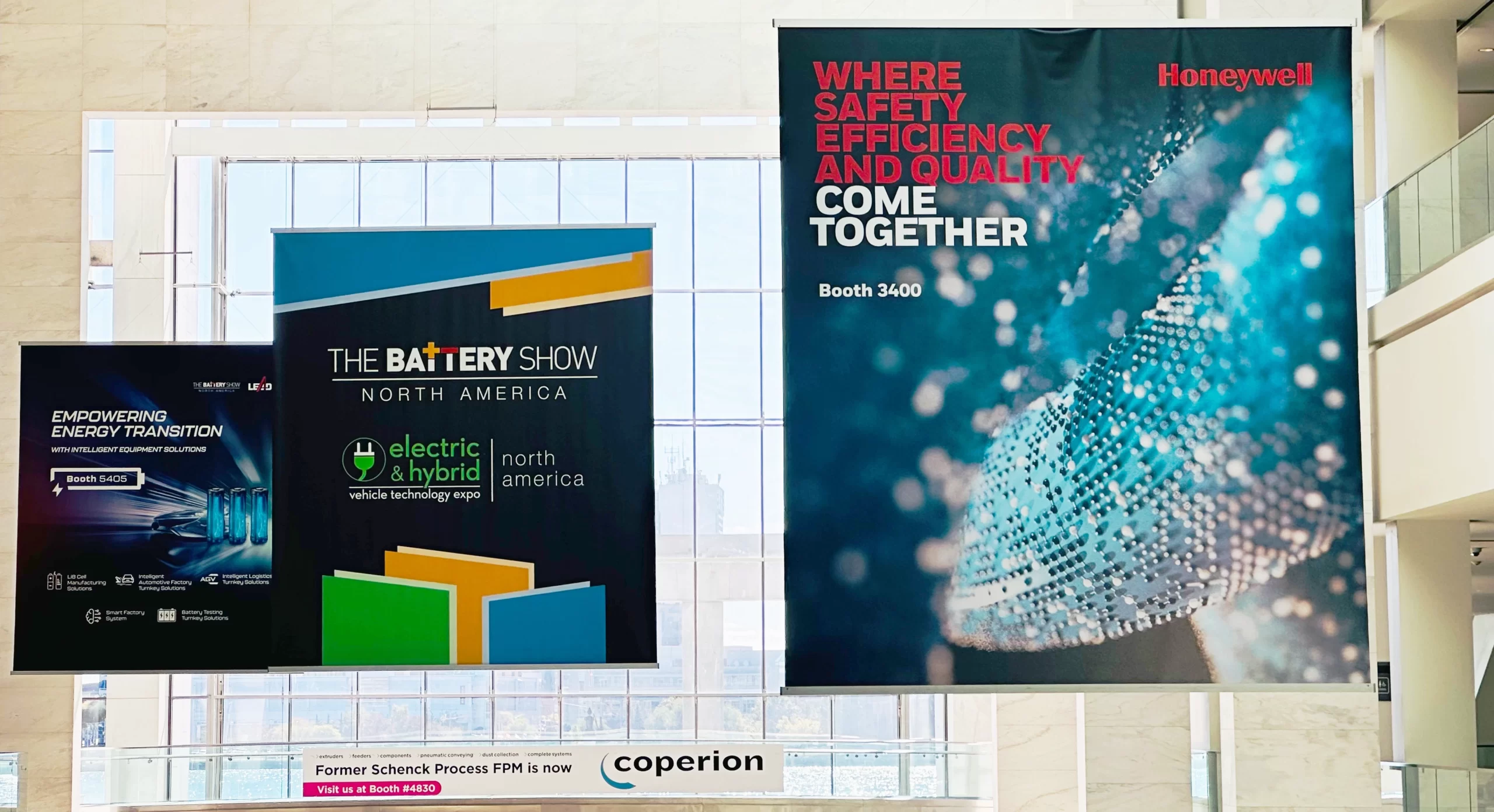Home About Us EVENTS & NEWS Why Choose a Solar Energy System Over Traditional Power Sources?
Why Choose a Solar Energy System Over Traditional Power Sources?
Why Choose a Solar Energy System Over Traditional Power Sources?
Many homes and businesses are turning to renewable energy solutions as technology advances, energy demand keeps growing, and sustainability becomes a critical issue. Solar energy systems are among the most sustainable and effective of these. What makes solar energy systems superior to conventional power sources, though? What are solar energy’s many benefits, including its effects on the environment, affordability, and long-term advantages for both individuals and businesses?
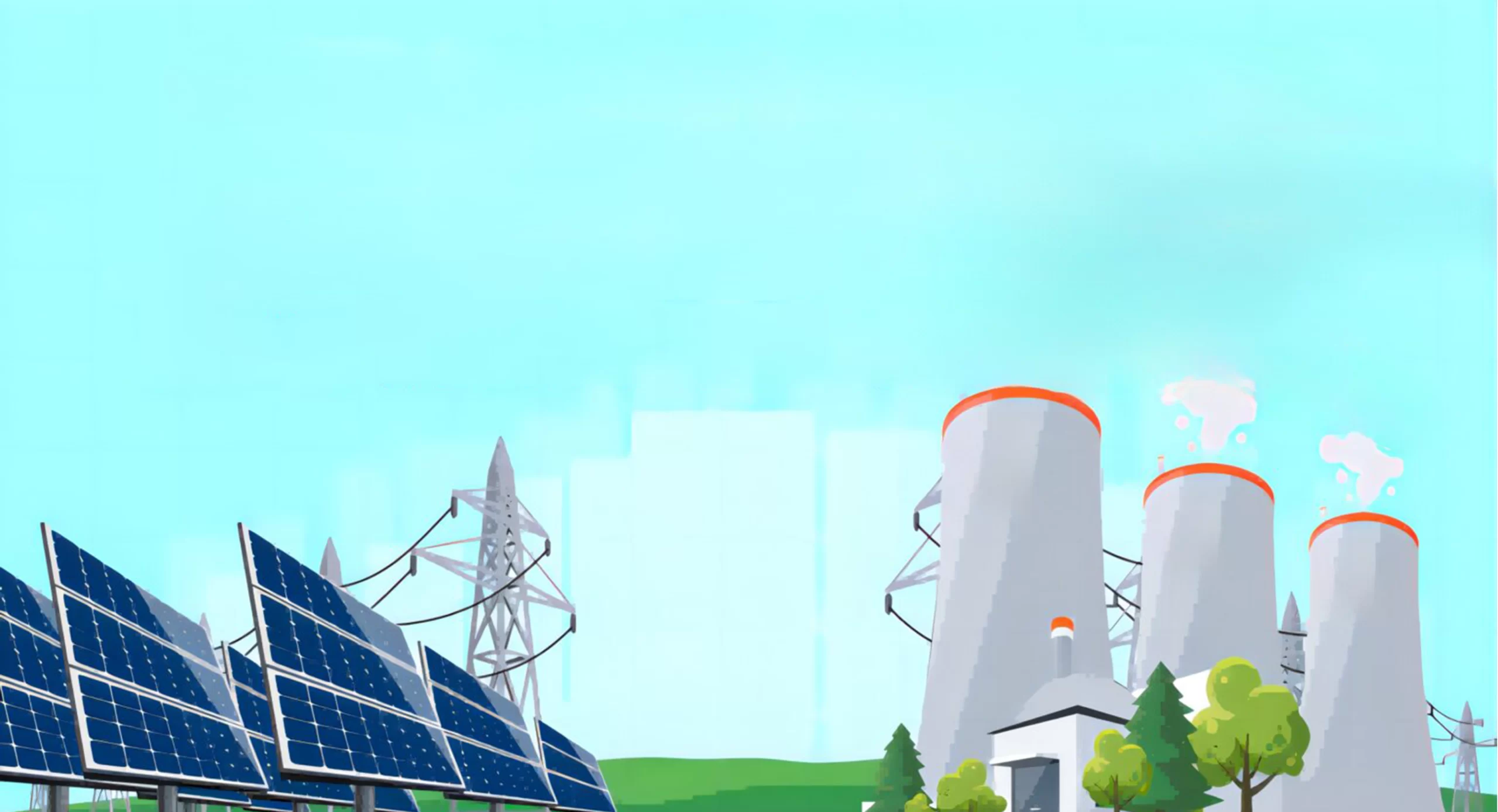
1. Understanding Solar Energy Systems
Homes, businesses, and industrial facilities are powered by solar energy systems, which use sunlight to create electricity. Solar energy systems create clean, renewable energy. They do this without using up natural resources.
This is different from traditional power sources. Conventional sources rely on fossil fuels like coal, oil, and natural gas.
Key components of a solar energy system:
• Solar panels (photovoltaic cells): Absorb solar radiation and transform it into direct current (DC) power.
• Inverter: Produces alternating current (AC) from DC electricity to power gadgets and appliances.
• Energy storage batteries: Store extra energy for later use to guarantee a power supply on overcast or nighttime days.
• Mounting systems: Give ground-mounted or rooftop solar panels structural support.
• Charge controllers: Control voltage and current to keep batteries from being overcharged.
Solar energy systems are getting increasingly complex, incorporating smart technology and remote monitoring to maximize performance as the demand for clean energy keeps rising.
2. Environmental benefits of solar energy systems
The environmental impact of solar energy systems is one of their biggest benefits. Solar energy is clean and renewable. This is different from traditional energy sources. Those sources release greenhouse gases and contribute to climate change.
How a Solar Energy System Helps the Environment:
- Reduces Carbon Footprint: Carbon dioxide (CO2) and other dangerous pollutants are not released during the generation of electricity by a solar energy system.
- Decreases Dependence on Fossil Fuels: Cutting back on natural gas and coal use contributes to a reduction in carbon emissions worldwide.
- Prevents Air and Water Pollution: Solar energy systems run silently and produce no hazardous waste, in contrast to power plants that emit harmful chemicals.
- Supports Sustainable Development: Businesses and individuals can help create a cleaner, greener future by implementing solar energy systems.
3. Cost savings and financial benefits
Aside from being environmentally friendly, switching to a solar system is also a wise financial move. The long-term savings greatly exceed the costs, even though the initial investment might seem high.
How Solar Systems Save Money:
• Lower Electricity Bills: Through the production of free electricity from the sun, solar energy lowers monthly energy costs.
• Government Incentives: Solar system installation is made more affordable by the tax credits, rebates, and incentives that many states provide.
• Energy Independence: People and companies can lessen their dependency on utility companies and prevent rising energy costs by generating their own electricity.
• Return on Investment (ROI): A solar system typically pays for itself in 5–10 years, after which users can take advantage of decades of almost free electricity.
By encouraging sustainable development, solar energy systems for businesses not only lower operating expenses but also improve corporate social responsibility (CSR).
8S-16S 200A BMS for Energy Storage &3-Wheeled Vehicle &Car Air conditioner &Golf Cart &Motorcyle &Jet Powered Surfbaord
4. Reliability and Energy Security
Conventional power grids are susceptible to outages brought on by increased demand, natural disasters, or technical malfunctions. Even in emergencies, a solar energy system provides a steady supply of power. It acts as a reliable backup source.
Reasons why solar systems are more reliable:
• Grid independence: Solar-powered homes and businesses can continue to function even in the event of a main grid outage.
• Energy storage: During inclement weather or at night, battery storage guarantees a steady supply of power.
• Less susceptible to power failures: Solar energy is always available, in contrast to conventional energy plants that depend on fuel transportation.
5. Scalability and Versatility
Large industrial projects and residential rooftops are just two of the many ways to use solar systems. These systems are very scalable.
Common Applications of Solar Systems:
• Residential Use: Solar systems are installed in individual homes to power appliances, lower electricity costs, and become energy independent.
• Commercial and industrial:Businesses use solar energy to lower expenses and increase sustainability.
• Remote Area and Off-Grid Solutions: In places where the main grid is not available, solar systems supply electricity.
• Emergency Backup Power: Solar generators and energy storage systems provide continuous energy during natural disasters and power outages.
6. Technological Advances in Solar Systems
As technology advances, solar systems become more intelligent and efficient, enabling real-time monitoring and control by users.
Innovations in solar systems:
• Smart inverters: Boost energy efficiency while offering real-time data tracking.
• AI-based energy management: Forecast trends in energy use and distribute power as efficiently as possible.
• High-efficiency solar panels increase their efficiency through new designs and materials.
• Wireless monitoring: Users can track and manage their solar systems anytime and anywhere using mobile apps and remote monitoring.
7. The Future of Energy: Solar Energy as a Leading Solution
Solar energy systems are leading the way in creating a sustainable energy supply. The world is moving towards renewable energy. Many countries are investing a lot in solar energy. New technology is still pushing innovation in this field.
What to Expect in the Future: Solar energy systems have a bright future. This is due to new technology and the growing need for sustainable energy worldwide.
1. Improving Efficiency We can anticipate notable increases in efficiency as solar panel technology develops. To better capture sunlight and turn it into electricity, new materials like bifacial panels and perovskite solar cells are being developed. As a result, solar energy will become more practical for both commercial and residential applications.
2. Reducing Cost and Feasibility In recent years, solar energy systems have become much more affordable, and this trend is predicted to continue. Even in areas where energy costs have been high, solar energy is becoming more affordable. This is due to better manufacturing methods and government incentives.
3. Enhanced Energy Storage New energy storage technologies, like solid-state and lithium-sulfur batteries, make it easier to store extra solar energy. This stored energy can be used at night or on cloudy days. This will solve one of the main problems of solar energy. It will provide a more steady and reliable energy source.
4. Smart Integration The integration of solar energy systems with AI-based management systems and smart grids will increase. This will allow real-time monitoring and better energy use. It will improve efficiency and help users save energy.
5. Sustainability and Recycling More sustainable methods are also part of the future of solar energy. Solar energy will remain a truly eco-friendly choice for many years. This is due to efforts to make solar panels recyclable and reduce waste.
At Ayaa Tech, we are committed to providing our clients with the best solar systems. We stay updated on the latest developments in solar technology.
8. Ayaa Tech: Your Trusted Solar Partner
At Ayaa Tech, we specialize in advanced energy solutions. We provide high-quality solar systems for commercial, industrial, and residential use. Our proficiency in battery management and renewable energy integration guarantees our clients the most dependable and efficient power solutions.
If you have any questions concerning our solar systems, please email us at ayaa@ayaatech.com.
Contact Us
9. Smarter Energy Choices for a Sustainable Future
Purchasing a solar system is a step toward a sustainable, energy-independent future and goes beyond simple cost reduction. Using solar technology offers a lasting solution for people and businesses. It helps them get reliable electricity and reduce their carbon footprint. This is especially important as electricity prices go up and environmental issues grow.
Making the switch to a solar system is the energy of the future, not just a fad. Select clean, renewable energy, and use sustainable, economical, and effective solar system controls to maximize your energy requirements.
SHARE
News Recommend
-
How does AYAATECH BMS work in E-scooters
01/16/2025 -
2024 battery show in Detroit,USA.
10/08/2024

